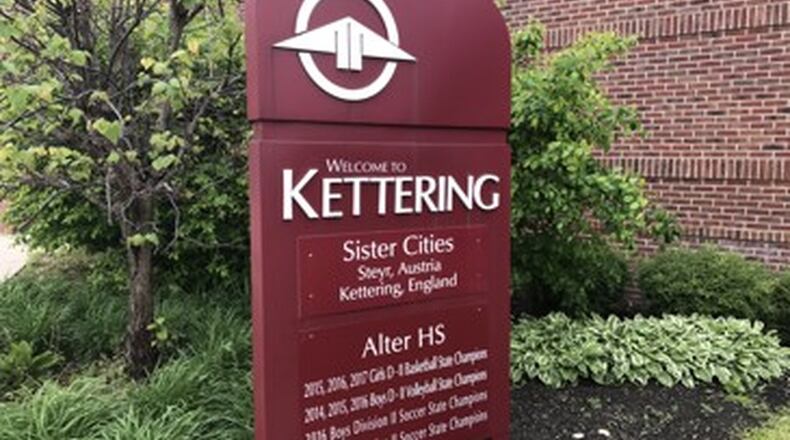Earlier this year, an undercover operation in a Florida strip mall put New England Patriots owner Robert Kraft in law enforcement’s crosshairs and spotlighted how illicit sex shops, often involving human trafficking, have proliferated in some of the nation’s suburbs.
City officials are being proactive with stricter codes on the massage industry.
As many as 9,000 illegal massage parlors currently operate in more than 1,000 cities nationwide, fueling a roughly $3 billion industry, according to the Polaris Project , a nonprofit that runs the National Human Trafficking Hotline.
Kettering Police Officer Joe Ferrell said the city does not have any massage businesses that have been reported for acting as a front for human trafficking.
But city Law Director Ted Hamer said that in response to the increasing operation of illicit massage parlors in Ohio and across the country, numerous municipalities have instituted new or revised business regulations for massage parlors.
“Mason, Springboro, West Carrolton, Fairborn, Powell, Westerville, Brunswick, North Olmsted and other Ohio municipalities are just a few examples,” Hamer noted in a report to council, suggesting the city needs to be proactive before there is a problem.
MORE: PHOTOS: Cities get ready for July 4th fireworks, parades and parties
Kettering’s Planing and Development Department, along with the Law Department, reviewed Chapter 711 of the city’s business regulations, which regulates massage parlors, in order to come up with a way to tighten up the ordinance to help prevent illicit massage parlors and spas from opening.
The most important regulation is the requirement, with certain exceptions, that anyone performing massage in Kettering must be licensed by the city and by the State Medical Board as massage therapists, Hamer noted.
The revised proposed ordinance would require that all massage parlor owners obtain a massage establishment license, which requires a background check and extensive review before approval.
Kettering Director of Planning and Development Tom Robillard said the three reasons for the proposed revisions regrading massage parlors in the city are to curb human trafficking, eliminate illicit massage businesses as fronts for illegal activities like prostitution, but also to recognize legitimate massage therapy as a profession.
Springboro requires all new and existing “massage service establishments” to obtain annual licenses and submit to unannounced inspections to ensure the businesses are in compliance. Workers, along with the owner or manager, must be licensed massage therapists in Ohio.
MORE: Congressman Turner asks Dayton Mayor Whaley to apologize for tornado comments
About the Author
